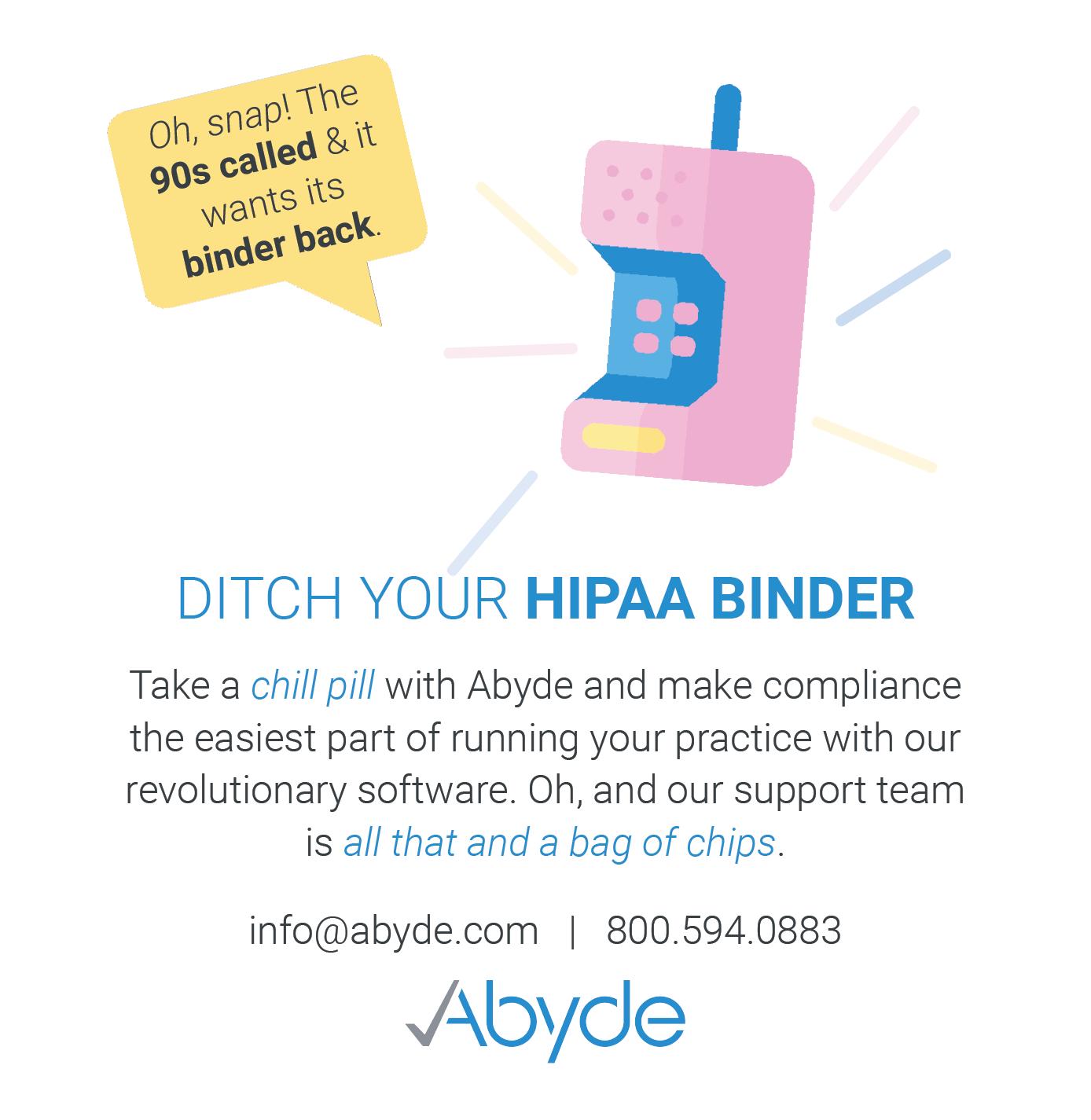
2 minute read
COPIC’s Online Resource Center—Tools and materials to support your medical practice
Gerald Zarlengo, MD Chairman & CEO, COPIC Insurance Company

Advertisement
A key aspect of COPIC’s commitment to patient safety and risk management is developing resources that inform and support physicians and the health care community. We continue to invest in a library of materials that are developed based on feedback from our insureds, experiences from occurrences and claims, and medical and patient safety research. This library can be accessed via a Resource Center on our website at callcopic.com/resource-center Some examples of the available materials include:
• A list of “latest updates” that highlight our newest resources including upcoming education seminars and current articles on risk topics.
• Sample informed refusal or other procedure-specific consent forms that you can easily edit and use at your practice.
• An archive of past Copiscope newsletters that provide guidance on key medical liability trends and risks.
In addition, there are specific resources to help physicians navigate the ever-changing legal, regulatory, and medical environments in Colorado.
• Opioid Continuing Education Requirements (by State) for Physicians
• CME Opioid Education Resource List —Information on national organizations that offer CME education to meet newly enacted DEA requirements. Please note: a) many of the CME courses provided by these organizations are free; and b) these courses are from organizations outside of COPIC and do not qualify for COPIC points.
Opioid Education Resources
Medical providers who prescribe opioids are required to complete certain training requirements on both a state and federal level. To assist with understanding and meeting these requirements, COPIC has developed an Opioid Education Resources atcallcopic. com/resource-center/guidelines-tools/ opioid-resources with the following materials:
• Links to COPIC On-Demand Courses that include:
• COPIC’S Three-Hour Opioids Review (Education for DEA Training Requirements)
• Opioid Management: A Practical Approach to a National Crisis (Opioids I)
• Opioid Crisis: Strategies for Reducing the Burden (Opioids II)
Colorado Candor Act Resources

The Colorado Candor Act is a bipartisan effort that establishes a voluntary framework for health care providers and facilities to offer compassionate, honest, timely, and thorough responses to patients who experience an adverse health care incident. It went into effect in 2019 and is designed to benefit patients, their families, clinicians, and health care systems by formalizing a non-adversarial process where there can be open communication about what happened, why it happened, and what can be done to prevent this in the future. This section includes resources that provide details about the Act, the Candor process, as well as sample templates of required forms.
FOR THOSE INSURED BY COPIC: We will walk you through the Candor process and answer any questions you may have. As with all incidents, COPIC insureds should call a COPIC occurrence specialist nurse during business hours, 8 a.m.-5 p.m. (Mountain Time), Monday through Friday, by calling (720) 858-6395. The occurrence specialist nurse will evaluate the incident with our internal team to determine if it is appropriate to utilize the Colorado Candor Act.
Many physician groups discuss adverse events, patient complaints, challenging cases, or concerns about a colleague, but aren’t aware that these communications can be protected under the peer review privilege if a practice has peer review policies and procedures in place. To support this, COPIC’s Legal Department has developed the below state-specific peer review toolkits that contain:
Peer Review Resources
COPIC promotes peer (or "professional") review to improve medicine in the communities we serve. We have been a strong advocate of using this process as a tool for improving patient safety.
It's important for making sure a provider is qualified and safe to practice.
It's a way to learn from case reviews to avoid preventable harm for patients going forward.
Most physicians are aware of confidential peer review in the hospital setting but aren’t aware that their state law also protects peer review communications in the clinic and physician practice setting.
• A Colorado-specific article explaining the legal protections for peer review and its practical application for physician practices and clinics
• A Peer Review Checklis t of what’s required (consistent with state and federal peer review laws)
• A Confidentiality Agreement for peer review participants
• Peer Review Policy templates that a practice can tailor to meet its needs
PLEASE NOTE: COPIC advises practices to have their own attorney review these materials. ■ https://coloradopainsociety.org/annual-meeting-2023-2/









